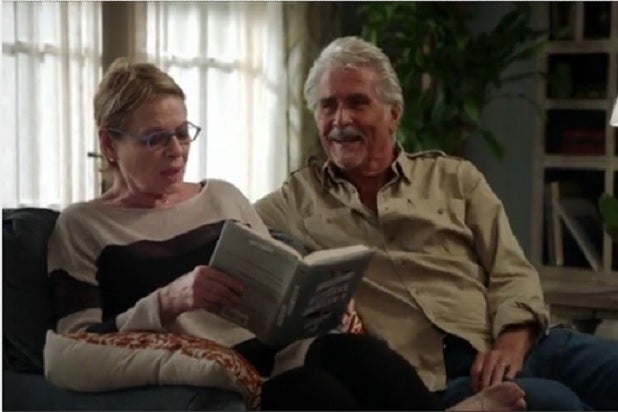Upcoming Events to Celebrate
 |
| ala.org |
- September: Library Card Sign-Up Month. Our department met this week and discussed partnering with the public libraries in some way to try and get all students to sign up for a library card. One roadblock is that an adult signature is required for anyone under the age of 14. Which means that said adult needs to go to the library with the kid to get a card, which is not always possible. We're looking at some way to have parents sign something at home and then have the kids get their cards at school.
- October 16-22: National Friends of Libraries Week. Our state organization is trying to come up with a toolkit for school libraries to create Friends organizations. The problem is that most public library Friends pay dues, and that's something we might need school committee approval on. I need to look into this more ... oh, look, a toolkit has already been created by United for Libraries!
 |
| ala.org |
Readers' Advisory
I show my kids how to use Novelist (we have a subscription through our statewide consortium) and Goodreads to find a new book to read. Here are some libraries who are doing it very personally:
- Williamsburg (VA) Regional Library: Looking for a Good Book?
- Multnomah County (OR) Library:
My Librarian - Lawrence (KS) Public Library:
Book Squad - Darien (CT) Library: BookFix
I'm thinking that a goal for the future could be to set up an online book recommendation service for my kids like Darien's "You Are What You Read Next."
Web Site Accessibility
Meredith Farkas points out that now people are able to create their own web content v. hiring a designer who would keep accessibility in mind, and we usually aren't really thinking about it. She gives some tips: add alternative text descriptions to images; make sure title attributes of links are clearly described; check this list from the University of Washington.
Farkas also notes that "accessiblity isn't just a nice thing to do - it's a legal requirement. Several colleges have been subject to lawsuits from the National Federation of the Blind in recent years for requiring the use of technologies that were inaccessible."
Coding in the Library
The CS4RI initiative championed by our governor seeks to have computer science offered to all public school students by December 2017. Linda Braun mentions the ALA/Google "Libraries Ready to Code" project, but I can't find anything much about it online besides a press release announcing its launch. I've heard great things about the code.org curriculum, but here's the thing:
The longer I've been teaching in an elementary school library (I'm going into my 6th year), the more I believe that my most important role is to foster a love of reading for pleasure. It sounds so low-tech and old-fashioned, but given that kids are bombarded with required texts that in turn require them to parse out theme, author's purpose, etc., they just don't get much time during the day to read for fun. And when they go home, most of them are bombarded with other ways to spend their time.
 |
| thewrap.com ... and yes, I realize that grandparents reading may not inspire kids, but I couldn't find a photo online of the youngest daughter reading her book |
BACK ON TOPIC: Colleagues have told me that there are lots of code.org lessons that don't even require computers; they focus more on "computational thinking" and problem-solving. Which I'm all for. However, I was hired to teach information/media literacy, as well as to run a circulating library. I already don't have enough time to cover everything I'd like in the (max) 12 instructional hours PER YEAR I have my kids. I'd be happy to deliver a coding/tech curriculum, but it would have to be during a dedicated coding/tech time.
No comments:
Post a Comment